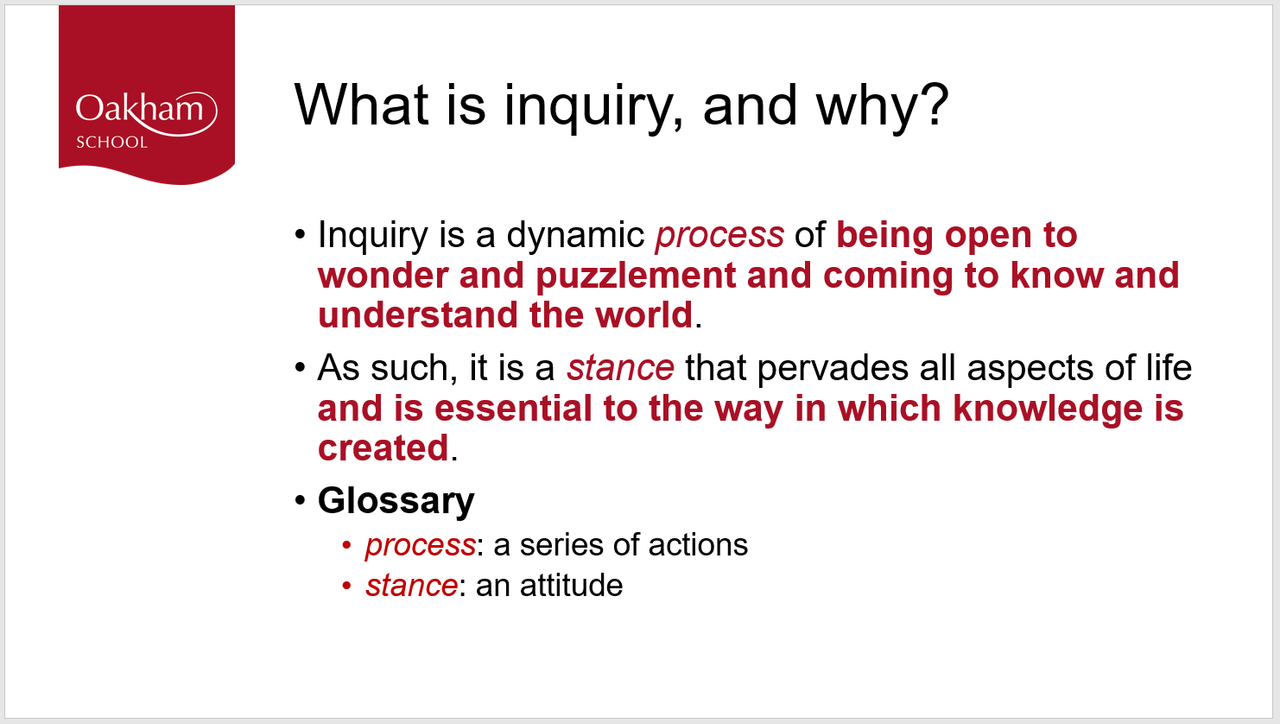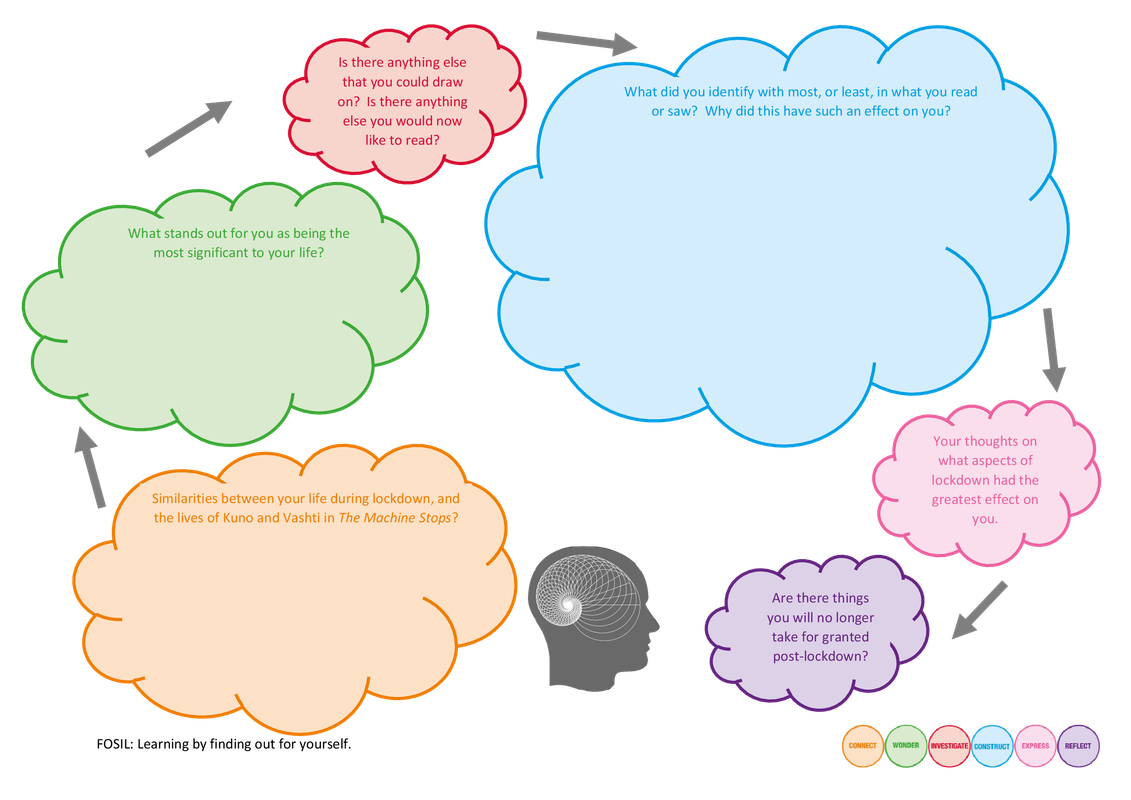Reply To: Year 9 FOSIL Inquiry Skills Project
Home › Forums › Inquiry and resource design › Year 9 FOSIL Inquiry Skills Project › Reply To: Year 9 FOSIL Inquiry Skills Project
The Year 9 Inquiry Skills Project faces a number of challenging design and delivery constraints this year, not least of which is the shift to Timetable B, which presents us with one 90-minute double lesson instead of five 50-minute single lessons. As outlined in the first post, the Project serves a number of complex purposes, which include introducing students who are new to the school in Year 9 (Grade 8) to the FOSIL inquiry process and equipping all Year 9 students with foundational and developmentally appropriate literacy, inquiry, critical thinking and technology skills that enable the stages of the process. The fact that a growing number of these skills are technology-dependent, either by definition or in use, necessitates the use of computers, which has practical and logistical implications. Finally, the lesson needs to cater for both in-person and online learning.
The lesson, which will be recorded, will be introduced through a PPT presentation (see LibGuide below, but without external access to the embedded video for copyright reasons). The remainder of the Lesson will be supported by a LibGuide, which will also include the content of the PPT presentation for the benefit of students who may miss the lesson for various reasons.
The lessons consists of 3 parts.
Firstly, an introduction to/ explanation of the FOSIL inquiry process. New this year is an explanation of what inquiry is and why inquiry matters using the excellent description of inquiry from the Galileo Educational Network’s website:

This is important because inquiry, understood this way, is a fundamental human endeavour, and the heart of our task is to help our children to find their place in it. This sense is captured beautifully by Julian Astle and Laura Partridge in their RSA piece, Education for Enlightenment:
If we are to create a 21st century enlightenment, we need to educate our children for that task. That means inducting our children into the great conversation of mankind – the unending dialogue between the living, the dead and the yet-to-be-born; that this means introducing them to the best that has been thought, said and done, and equipping them to appreciate it, interrogate it, apply it and build on it.
Secondly, skills, which are focussed on being able to use our Academic Writing Template (see LibGuide), which includes citing and referencing in Word using APA style.
Thirdly, an opportunity to thoughtfully work their way through the stages of the inquiry process (see below) and write a personal response to their background reading, which asks whether we will come to value human contact more during these “interesting times” (see LibGuide)?

Achieving the above in 90 minutes will require a brisk pace, and I will post an initial reflection following our first two lessons on Thursday and Friday.


